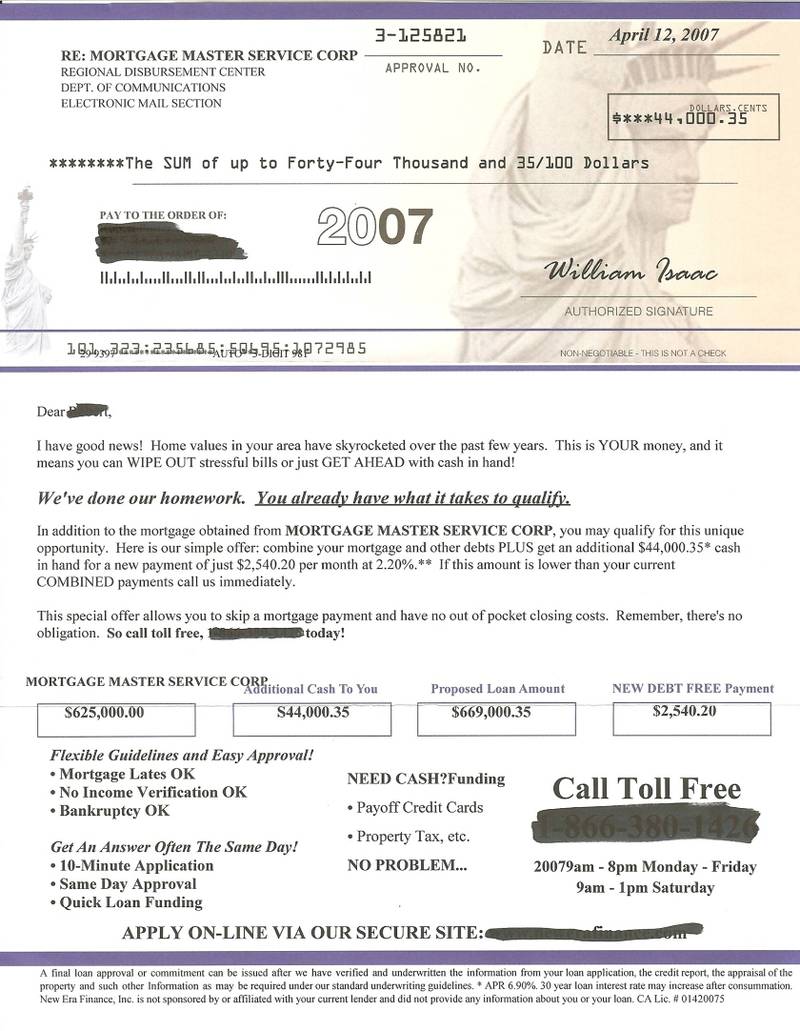What did I do over the weekend? After my lap top decided to act up on Thursday  afternoon and give me a little scare… we picked up a portable hard drive at Costco.
afternoon and give me a little scare… we picked up a portable hard drive at Costco.
The Western Digital My Book has been a breeze for even the likes of me to use. And, it’s a relief to have all of my photos (I love taking pictures) and marketing type documents OFF of my lap top…freeing up tons of space. I’ve always been a bit concerned that the photos I’ve been storing on disc may soon be obsolete…just like the floppy.
It does not come with any great manuals…and the web site is overwhelming. BUT CNet’s site had some great tips and reviews that I found VERY helpful.
I’m a happy camper! Now…when my Toshiba Statelite bites the dust, as all lap tops must do one day…transfering all of my data should be much easier.













Recent Comments